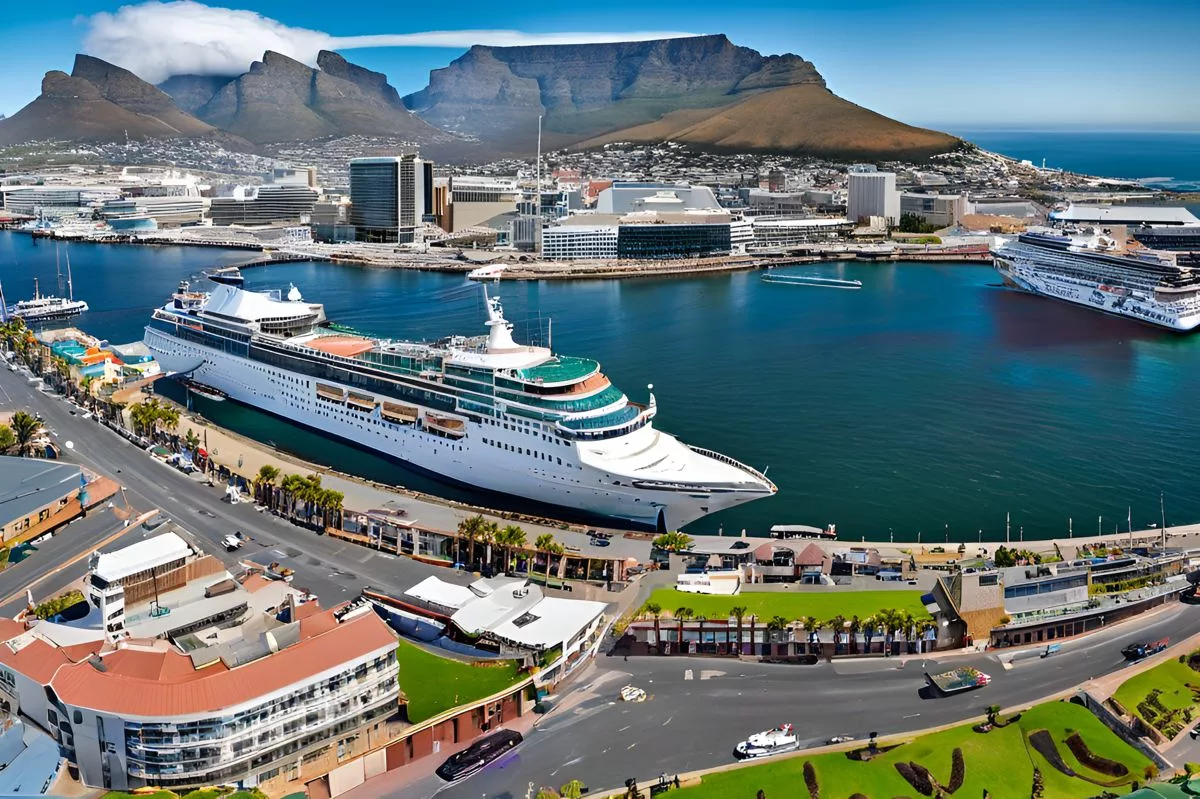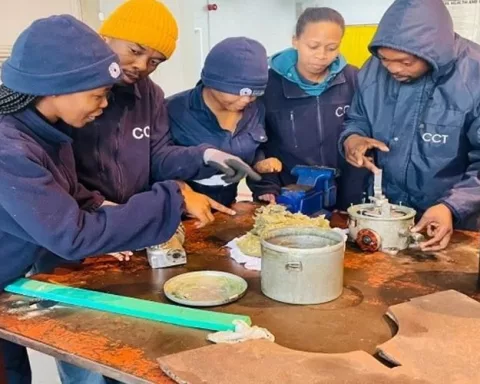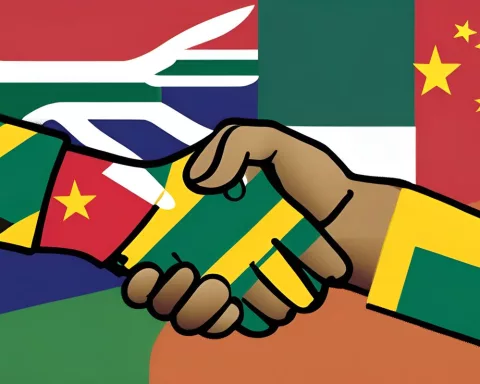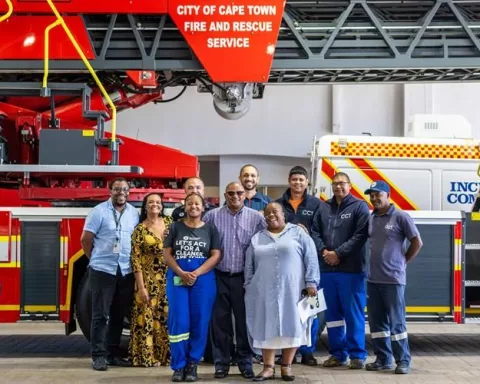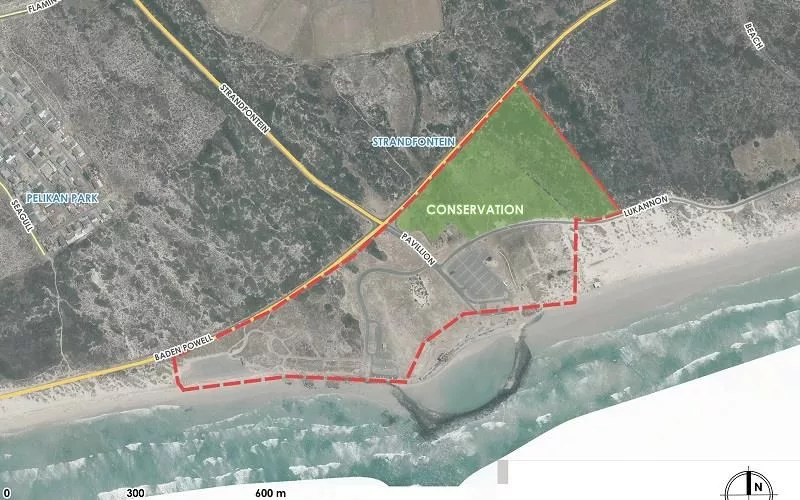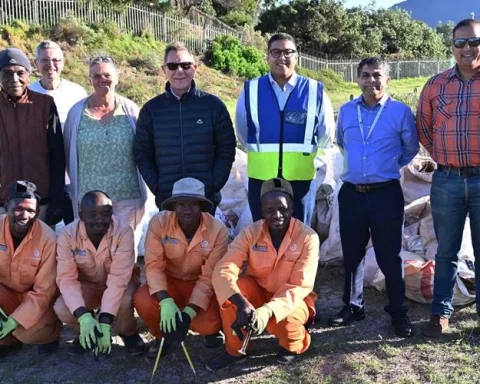Cruise tourism has a significant impact on the Western Cape’s economy in South Africa, contributing around R1.2 billion in the last fiscal year and expected to bring more economic benefits with an influx of around 90,000 passengers and 38,000 crew members in the current year. The industry also creates job opportunities, with every 30 cruise passengers creating approximately one full-time job. The geopolitical climate and return tourism are some of the factors driving traffic towards South African ports, such as Durban’s Nelson Mandela Cruise Terminal.
What is the impact of cruise tourism on the Western Cape’s economy?
The cruise industry has a significant economic impact on the Western Cape in South Africa, contributing approximately R1.2 billion in the last fiscal year and expected to bring more economic benefits with an influx of about 90,000 passengers and 38,000 crew members in the current year. The industry also creates job opportunities, with the arrival of every 30 cruise passengers in the province creating approximately one full-time job.
Despite its less conspicuous presence in the global economic matrix, the cruise industry’s influence, especially on local markets, can be substantial. This statement is exemplified by the significant economic boost the cruise industry provides to the Western Cape in South Africa. With a contribution of approximately R1.2 billion in the last fiscal year, the sector is poised to bring more economic benefits with an expected influx of about 90,000 passengers and 38,000 crew members in the current year.
Historic Ports and Legendary Liners
On April 11th, two iconic cruise ships, the Queen Mary 2 and Queen Victoria, made history by docking concurrently in Cape Town’s port. The Queen Mary 2 which had just completed a month-long journey from Hong Kong, paused for a turnaround call before setting off for its next destination, New York, USA. In a similar vein, the Queen Victoria made a brief stop before continuing its voyage to Walvis Bay, Namibia.
Transforming Cape Town’s Cruise Terminal
Since 2015, [Cape Town’s Cruise Terminal](https://capetown.today/cape-towns-focus-on-cruise-tourism/) has undergone a significant metamorphosis. This transformation was sparked by a deal between Transnet and the V&A Waterfront, which led to the latter taking over the internal operations of the terminal. Now, the terminal area brims with activity, offering a dynamic food market, a range of restaurants, coffee shops, and even a specialty craft gin distillery and brewery.
Geopolitical Factors and South African Ports
The geopolitical climate has had a role in driving traffic towards South African ports. The Red Sea has generally been avoided by ships due to safety concerns, primarily arising from the Houthi rebels based in Yemen. This avoidance has led to a surge in the volume of traffic at South African ports like Durban’s Nelson Mandela Cruise Terminal. Recently, this terminal had the privilege of hosting MSC Virtuosa, the most sizable cruise ship ever to dock at a South African port.
The Economic Contributions of the Cruise Industry
According to Wesgro, the official promoter of tourism, trade, and investment for Cape Town and the Western Cape, the economic input of the cruise industry to the province is noteworthy. For the 2023/24 season, the agency predicts the arrival of nearly 90,000 passengers. While cruise passengers do not usually spend significantly on accommodation and hospitality upon disembarking, the real value is realized in the long term. Research indicates that an impressive 63% of cruise passengers return to the destinations they visited during their cruise ship tours.
Wrenelle Stander, the CEO of Wesgro, highlights the importance of this return tourism for the Western Cape, emphasizing the potential for progressive growth as international visitors become more acquainted with the region and become regular visitors. Bob Dixon, sales director for Cunard Line, which owns the Two Queens among other vessels, concurs with this view. He credits the high ratings Cape Town receives from passengers to the city’s charm and the favorable exchange rate of the rand against the major currencies like the dollar, euro, and pound.
Employment Opportunities Generated by the Cruise Industry
The cruise industry’s contribution goes beyond simply boosting tourism, extending into the realm of job creation. In statistical terms, the arrival of every 30 cruise passengers in the province creates approximately one full-time job. Mireille Wenger, Western Cape’s MEC for finance and economic development, stated that the ongoing 2023/24 season, with an estimated 65 confirmed ship visits and 90,000 passengers, has resulted in the creation of roughly 3000 new permanent jobs.
The Silent Giant’s Influence
As we dissect the complexities of the global economy, it’s hard to deny that the cruise industry serves as a vital economic conduit for regions like the Western Cape. Its capacity to fortify the economy, spawn employment opportunities, and stimulate tourism highlights its importance on a regional and global scale. It is the unseen titan of the maritime world, with its influence continually causing waves in economies around the globe.
What is the economic impact of cruise tourism on the Western Cape’s economy?
The cruise industry contributes approximately R1.2 billion to the Western Cape’s economy in South Africa in the last fiscal year and is expected to bring more economic benefits with an influx of about 90,000 passengers and 38,000 crew members in the current year. The arrival of every 30 cruise passengers in the province creates approximately one full-time job.
What are some historic ports and legendary liners that have visited Cape Town’s port?
Two iconic cruise ships, the Queen Mary 2 and Queen Victoria, made history by docking concurrently in Cape Town’s port on April 11th. The Queen Mary 2, which had just completed a month-long journey from Hong Kong, paused for a turnaround call before setting off for its next destination, New York, USA. In a similar vein, the Queen Victoria made a brief stop before continuing its voyage to Walvis Bay, Namibia.
How has Cape Town’s Cruise Terminal transformed?
Since 2015, Cape Town’s Cruise Terminal has undergone a significant metamorphosis, offering a dynamic food market, a range of restaurants, coffee shops, and even a specialty craft gin distillery and brewery. This transformation was sparked by a deal between Transnet and the V&A Waterfront, which led to the latter taking over the internal operations of the terminal.
What geopolitical factors are driving traffic towards South African ports?
The geopolitical climate has had a role in driving traffic towards South African ports. The Red Sea has generally been avoided by ships due to safety concerns primarily arising from the Houthi rebels based in Yemen. This avoidance has led to a surge in the volume of traffic at South African ports like Durban’s Nelson Mandela Cruise Terminal.
What is the value of return tourism in the Western Cape?
Research indicates that an impressive 63% of cruise passengers return to the destinations they visited during their cruise ship tours. This return tourism is valuable for the Western Cape as international visitors become more acquainted with the region and become regular visitors.
How many job opportunities are generated by the cruise industry in the Western Cape?
The arrival of every 30 cruise passengers in the province creates approximately one full-time job. The ongoing 2023/24 season, with an estimated 65 confirmed ship visits and 90,000 passengers, has resulted in the creation of roughly 3000 new permanent jobs.

